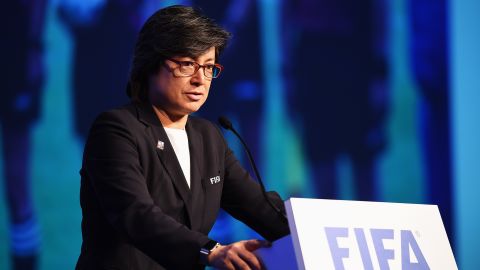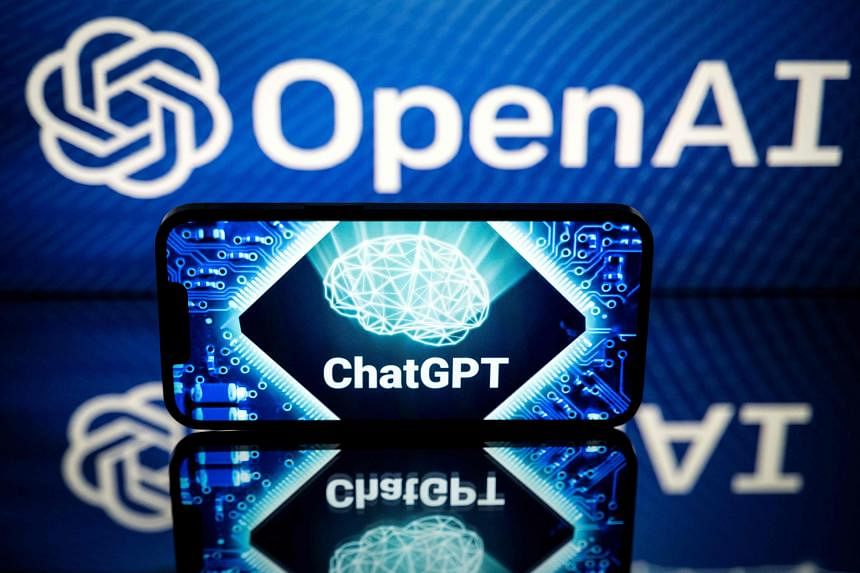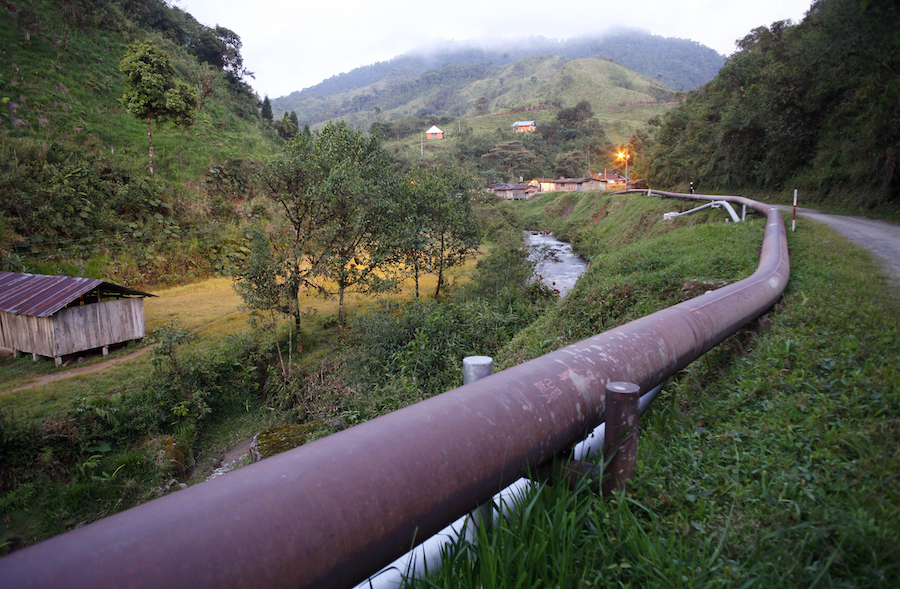By Amy Woodyatt, CNN
Thu March 2, 2023

Supermodel Lima was announced as FIFA's global fan ambassador on Monday.
CNN —
FIFA’s decision to appoint Brazilian supermodel Adriana Lima as its global fan ambassador ahead of the Women’s World Cup has been derided as “tone deaf” and “truly baffling” by former Australian international Moya Dodd.
Soccer’s world governing body announced Monday that Lima, a former Victoria’s Secret model, would “develop, promote and participate in several global initiatives involving fans from all over the world,” while FIFA President Gianni Infantino said the 41-year-old Brazilian “lives and breathes ‘futebol.’”
Dodd, the former vice-captain of Australia’s women’s football team, said on Wednesday that Lima’s public image “looked an odd fit for an organisation that says it wants to empower girls and women, and whose President is required to be “a vanguard” for promoting gender equality (yes, that’s in the FIFA Governance Regulations).”
Dodd, who previously led Fifa’s taskforce on women’s football, wrote on Linkedin: “[W]hen a girl plays football, the world sees her differently. Instead of being complimented on her nice looks or her pretty dress, she is valued for her game-saving tackles and brilliant goal-scoring.
“She’s admired for what she can DO, rather than how she looks, putting her on a more equal footing with her brothers in a way that can alter the whole trajectory of her life’s ambitions.

Dodd said that when a girl plays football, "she's admired for what she can DO, rather than how she looks".Stuart Franklin/FIFA/Getty Images
A member of the FIFA’s executive committee from 2013 to 2016, Dodd expanded on her comments, adding that her own research on Lima “showed that this model specifically was known for crash-diet eating & drinking,” and referenced a 2006 GQ article, where the Brazilian is quoted as saying abortion is a crime.
“What will this ambassador represent to the large and growing population of aspirational #womensfootball players and fans who love the game because it shows us what empowerment and equality can look like?” asked Dodd.
Lima’s publicist, Laurent Boye, said the model’s stance had changed since she made those comments 17 years ago.
“We can proudly say that Ms Lima has been promoting a healthy lifestyle for several years and like many people, her position on many LGBTQIA+ and women issues has evolved and she is considered an ally,” Boye said in a statement, Reuters news agency reported.

'We know what's on the line': Megan Rapinoe looks to third World Cup win ahead of this year's tournament
In a follow-up post, Dodd said that Lima’s view’s on abortion still hadn’t been addressed.
“To be clear, there is no criticism of Lima’s personal choice - everyone should have that right. But denouncing abortion as a crime means that you think others who make a different choice should be treated as criminals and punished accordingly.
“That is a terrifying prospect, and not consistent with women’s empowerment or right to control their own bodies and futures, imho,” Dodd wrote.
CNN has reached out to FIFA for further comment.
In a statement Monday, Lima said she was ” very thankful and honoured to have been chosen by FIFA to be the first Global Fan Ambassador and to be given such a platform to help fans get even closer to the game.”
Ouarda Coussay, a representative for model management agency Elite World Group, which represents Lima, declined further comment when contacted by CNN.
The 2023 Women’s World Cup runs from July 20 to August 20 in Australia and New Zealand.
CNN’s Sammy Mngqosini contributed reporting.












